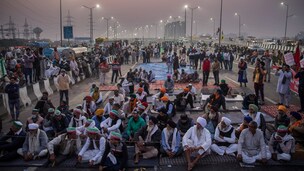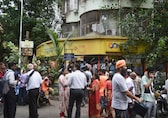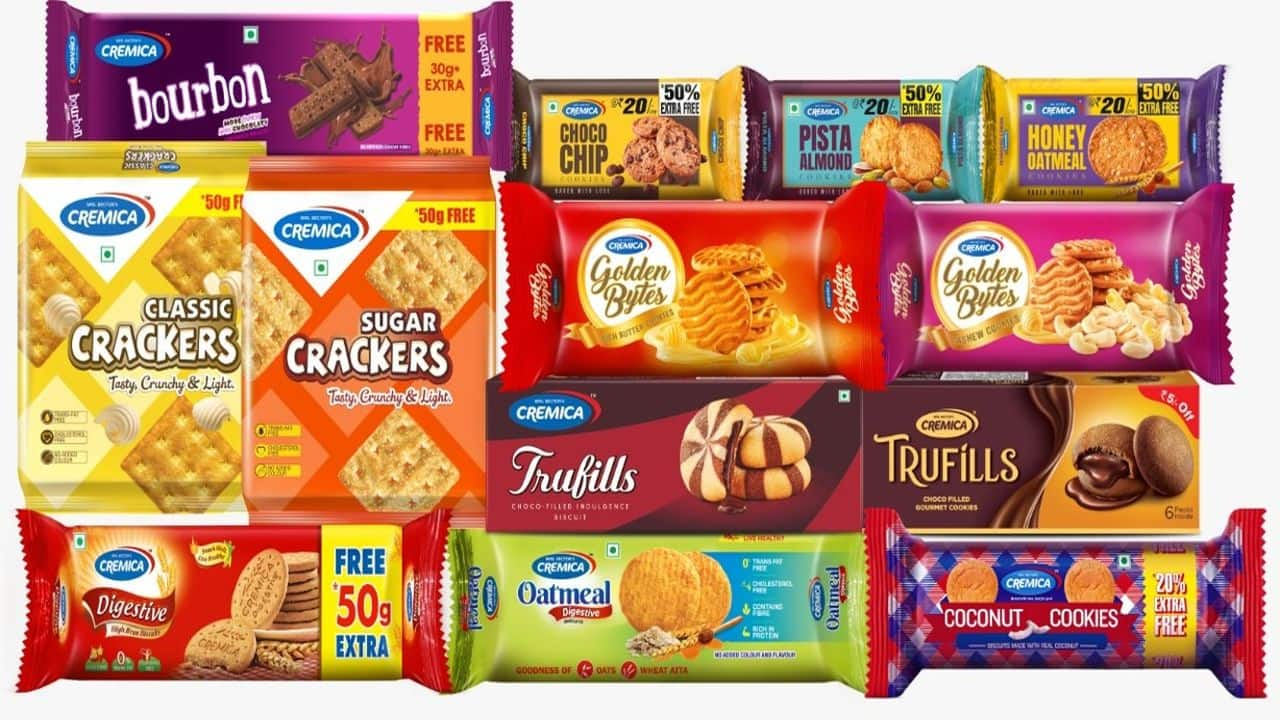The health ministry has listed a series of frequently asked questions (FAQs) about COVID-19 vaccine. (Reuters/Adnan Abidi)
In the initial phase, COVID-19 vaccine will be provided to the priority groups - healthcare and frontline workers, the Ministry of Health and Family Welfare has said.
Based on the availability of vaccine, people older than 50 years may also be vaccinated in the initial phase, it said.
"Healthcare providers have led the battle against COVID-19 from the front. The government wants you to be able to continue your work, without the fear of risk associated with the virus. Therefore, healthcare and frontline workers are among the first group of people to be vaccinated in the country," it said.
The health ministry has listed a series of frequently asked questions (FAQs) about COVID-19 vaccine.
The ministry also said vaccine trials are under different stages of completion, and the government is geared to launch a vaccine for COVID-19 soon.
In response to the question if it is mandatory to get vaccinated, the ministry said, "Vaccination for COVID-19 is voluntary. However, it is advisable to receive the complete schedule of COVID-19 vaccine for protecting one-self against this disease and also to limit the spread of this disease to the close contacts including family members, friends, relatives and co-workers."
"Vaccines will be introduced in the country only after the regulatory bodies clear it, based on its safety and efficacy," the ministry said in response to the question if the vaccine will be safe as it is being tested and introduced in a short span of time.
The COVID 19 vaccine will be safe and effective, but may have minor side effects like fever, pain, etc at the injection site. These effects can happen in any vaccine," the ministry said.
The ministry said the registration of beneficiary is mandatory for vaccination for COVID-19. Only after registration the information on the session site to visit and time will be shared with the beneficiary.
Following online registration, the beneficiary will receive SMS on their registered mobile number about the due date, place, and time of vaccination.
An ID with photo such as the the Pan Card, Driving Licence, Passport, Voter ID, Passbooks issued by Bank/Post Office, Health Insurance Smart Card issued under the scheme of the Ministry of Labour, Mahatma Gandhi National Rural Employment Guarantee Act (MGNREGA) Job Card, Official identity cards issued to MPs/MLAs/MLCs, Service Identity Card issued to employees by Central/ State Govt/Public Limited Companies may be produced at the time of registration.
On getting due dose of COVID-19 vaccine, the beneficiary will receive SMS on their registered mobile number. After all doses of vaccine are administered, a QR code based certificate will also be sent to the registered mobile number of the beneficiary, the ministry said.










_2020091018165303jzv.jpg)


























